BISMARCK
AND THE DEVELOPMENT OF GERMANY
THE PERIOD OF UNIFICATION,
1815-1871

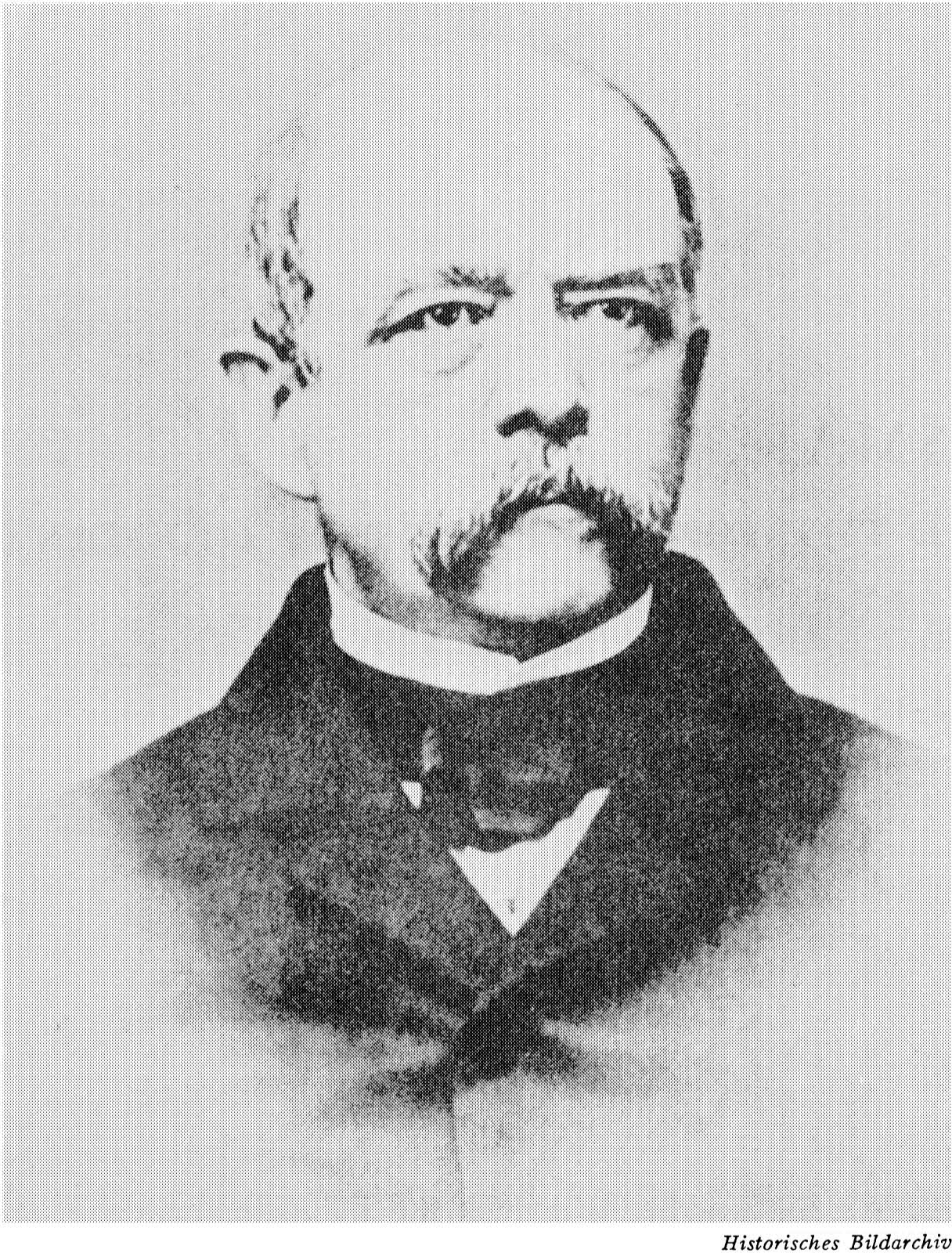
BISMARCK IN 1863
BISMARCK
AND THE DEVELOPMENT OF GERMANY
THE PERIOD OF UNIFICATION, 1815-1871

BY OTTO PFLANZE
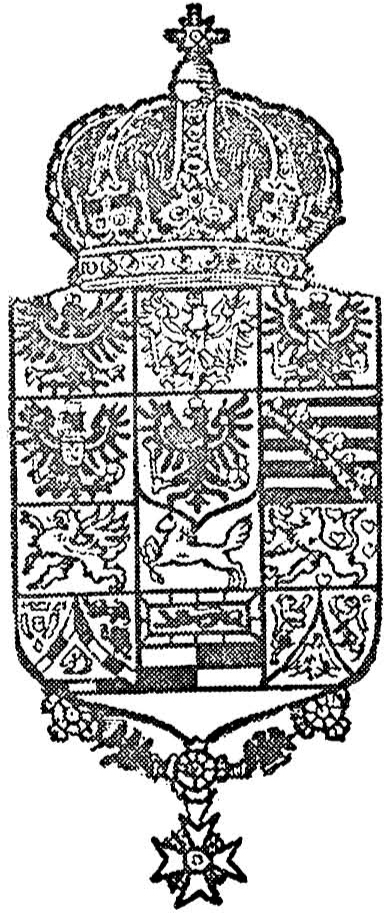
PRINCETON, NEW JERSEY
PRINCETON UNIVERSITY PRESS
Copyright 1963 by Princeton University Press
ALL RIGHTS RESERVED
L.C. Card: 63-7159
ISBN 0-691-00765-9
eISBN 978-0-691-22157-1
R0
TO THE MEMORY OF
OTTO PAUL PFLANZE
(1886-1944)
AND
KATRINE MILLS PFLANZE
(1886-1959)
PREFACE
 HE career of a historical personality, observed Wilhelm Dilthey, is marked by reciprocating influences. In his early years such an individual is molded by forces the course of whose development he himself later helps to determine. Because of this interaction the biographer of Schleiermacher was compelled to broaden his subject to include the intellectual history of a whole epoch. What was true of Schleiermacher, the theologian, is also true of Bismarck, the statesman. The customary biographical form cannot capture the significance of a political figure of his stature. As important as the man himself were the many forcessocial, political, intellectual, and institutionalwhich shaped his environment and with which he dealt.
HE career of a historical personality, observed Wilhelm Dilthey, is marked by reciprocating influences. In his early years such an individual is molded by forces the course of whose development he himself later helps to determine. Because of this interaction the biographer of Schleiermacher was compelled to broaden his subject to include the intellectual history of a whole epoch. What was true of Schleiermacher, the theologian, is also true of Bismarck, the statesman. The customary biographical form cannot capture the significance of a political figure of his stature. As important as the man himself were the many forcessocial, political, intellectual, and institutionalwhich shaped his environment and with which he dealt.
This work is concerned with the interaction between these forces and the will of a political genius. It is a study of the effect of one man of extraordinary talent upon the historical process. Hence the more personal and anecdotal aspects of Bismarcks life are included only where they indicate attitudes or affected policy and events. The purpose is to expose the elements of thought and outlook which determined his political aims, the techniques of strategy by which he strove for their achievement, and the ultimate consequences of both for German political development.
Usually the period of German unification has been studied from the standpoint of foreign affairs. Such an orientation gives to the year 1871 the appearance of an end rather than a beginning. This book seeks to relate the story of diplomatic maneuver, war, and victory to the greater problem of Germanys internal political growth. The concentration is upon the internal consequences of both domestic and foreign policy and events. Seen from this viewpoint, the period of unification was one of revolution and reconstruction which established the character of German political attitudes and institutions until recent times. The subsequent period of consolidation, including the domestic history of the North German Confederation, has been reserved for a sequel volume.
During the years of research consumed by this project I incurred personal debts of many kinds. By far the greatest is that owed to Hajo Holborn of Yale University. It was he who more than a decade ago first pointed out to me the need for a fresh approach to the Bismarck problem. Without his advice, support, and encouragement along the way this volume would never have been completed. I am also deeply grateful to Herbert Kaplan and Theodore Hamerow, who read the entire manuscript and were responsible for many improvements; to Walter Steiner, my research assistant, for his patient help on many boring tasks; to Lawrence Steefel for graciously permitting me to profit from the manuscript of his work on the war of 1870; to Frank Rodgers and the library staff of the University of Illinois for much technical assistance; and to my wife, Hertha Haberlander Pflanze, whose keen literary sense pruned away many stylistic errors. In 1951-1952 I was aided by a research grant from the American Council of Learned Societies and during 1955-1957 by a United States government grant under the Fulbright act for research in Germany. The Universities of Massachusetts and Illinois also provided financial assistance. To the history department of the University of Minnesota I am particularly indebted for the recognition accorded the manuscript.
OTTO PFLANZE
Minneapolis
March 1, 1962
ABBREVIATIONS USED IN THE FOOTNOTES
| APP | Historische Reichskommission, Die Auswrtige Politik Preussens, 1858-1871 (Vols, I-VI, VIII-X, Berlin, 1932-1939) |
| DPO | Heinrich Ritter von Srbik, ed., Quellen zur deutschen Politik sterreichs, 1859-1866 (five vols., Oldenburg, 1934-1938) |
| GW | Herman von Petersdorff and others, eds., Bismarck: Die gesammelten Werke (fifteen volumes, Berlin, 1923-1933) |
| HW | Julius Heyderhoff and Paul Wentzcke, eds., Deutscher Liberalismus im Zeitalter Bismarcks, Eine politische Brief Sammlung (two vols., Bonn, 1925-1927) |
| OD | Ministre des Affaires trangres, Les origines diplomatiques de la guerre de 1870/71, Recueil de documents officiels (29 vols., Paris, 1910-1932) |
| RKN | Hermann Oncken, ed., Die Rheinpolitik Kaiser Napoleons III. von 1863 bis 1870 und der Ursprung des Krieges von 1870/71 (three vols., Berlin, 1926) |
| SBHA | Stenographische Berichte ber die Verhandlungen des Landtages, Haus der Abgeordneten |
| SBHH | Stenographische Berichte ber die Verhandlungen des Landtages, Herrenhaus |
| SBR | Stenographische Berichte ber die Verhandlungen des Reichstags des Norddeutschen Bundes |
CONTENTS
vii
Maps on pages 37 and 304 by R. L. Williams
BISMARCK
AND THE DEVELOPMENT OF GERMANY
THE PERIOD OF UNIFICATION, 1815-1871

INTRODUCTION
THE BISMARCK PROBLEM
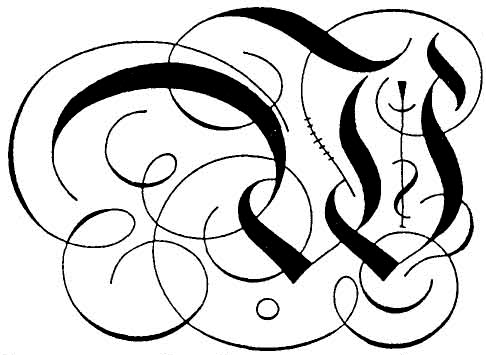 ITH the exception of Napoleon, no other figure in modern European history has attracted as much interest as Otto von Bismarck. Since the first serious studies of the man and his career appeared sixty years ago, the size of the bibliography has reached staggering proportions. Still the flood of books and articles continues with no sign of abatement. Bismarck and national unification have as great a fascination for Germans as do Lincoln and the civil war for Americans.
ITH the exception of Napoleon, no other figure in modern European history has attracted as much interest as Otto von Bismarck. Since the first serious studies of the man and his career appeared sixty years ago, the size of the bibliography has reached staggering proportions. Still the flood of books and articles continues with no sign of abatement. Bismarck and national unification have as great a fascination for Germans as do Lincoln and the civil war for Americans.
To non-Germans as well, the personality and achievement of the Junker genius have a magnetic attraction. His political career of almost half a century was one of the longest in the annals of statecraft. For nearly three decades of that time he was the dominant figure in German and European politics. Unexplored nooks and crannies, even whole rooms, are still being discovered in the edifice of his career. The wide range of his interests, the complexity of his mind, and his almost incredible skill at political invention and maneuver have made the subject difficult to exhaust.


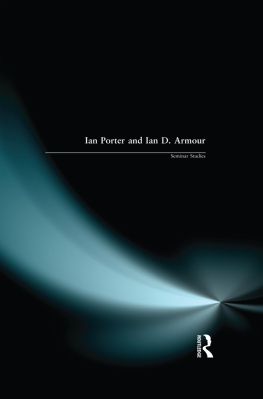
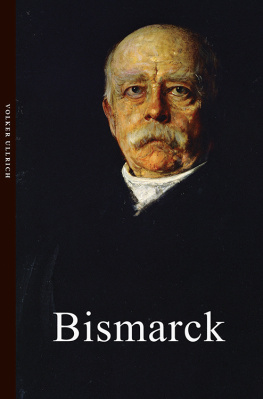
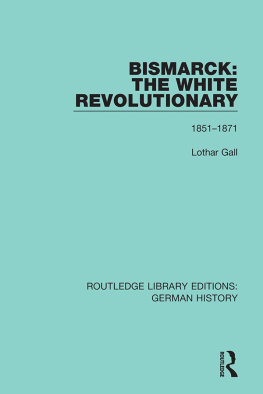
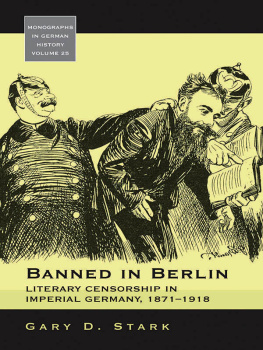
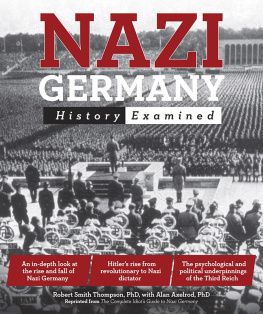
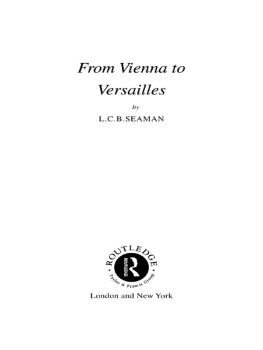
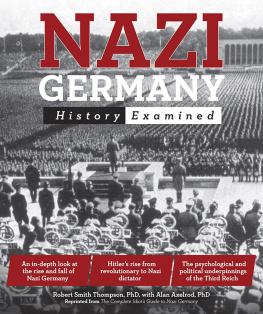
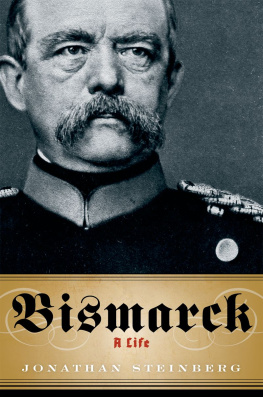
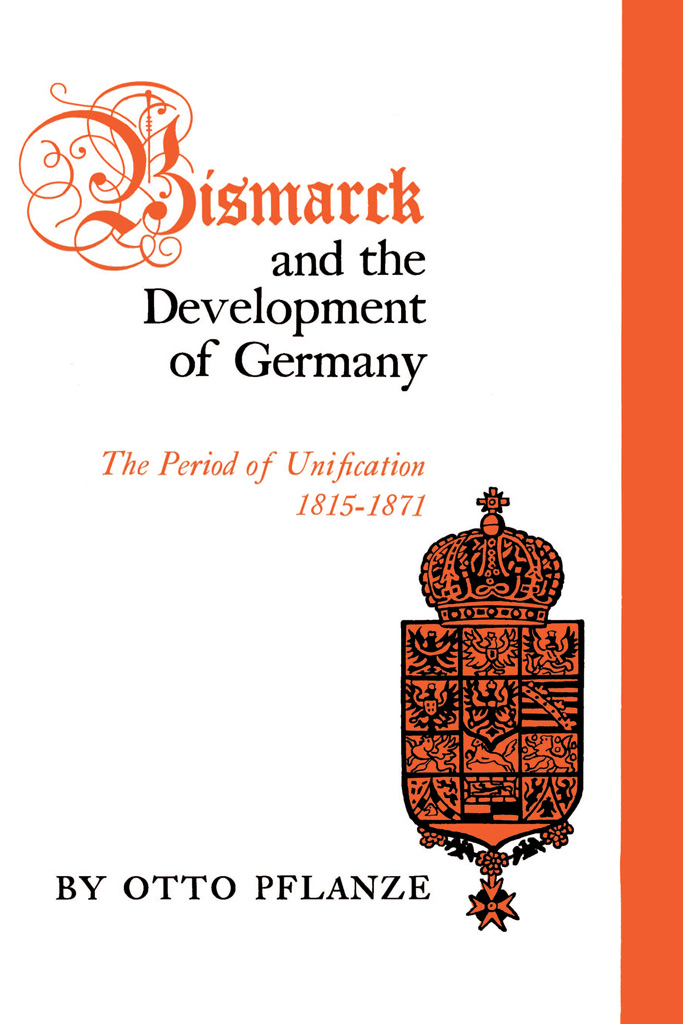



 HE career of a historical personality, observed Wilhelm Dilthey, is marked by reciprocating influences. In his early years such an individual is molded by forces the course of whose development he himself later helps to determine. Because of this interaction the biographer of Schleiermacher was compelled to broaden his subject to include the intellectual history of a whole epoch. What was true of Schleiermacher, the theologian, is also true of Bismarck, the statesman. The customary biographical form cannot capture the significance of a political figure of his stature. As important as the man himself were the many forcessocial, political, intellectual, and institutionalwhich shaped his environment and with which he dealt.
HE career of a historical personality, observed Wilhelm Dilthey, is marked by reciprocating influences. In his early years such an individual is molded by forces the course of whose development he himself later helps to determine. Because of this interaction the biographer of Schleiermacher was compelled to broaden his subject to include the intellectual history of a whole epoch. What was true of Schleiermacher, the theologian, is also true of Bismarck, the statesman. The customary biographical form cannot capture the significance of a political figure of his stature. As important as the man himself were the many forcessocial, political, intellectual, and institutionalwhich shaped his environment and with which he dealt. ITH the exception of Napoleon, no other figure in modern European history has attracted as much interest as Otto von Bismarck. Since the first serious studies of the man and his career appeared sixty years ago, the size of the bibliography has reached staggering proportions. Still the flood of books and articles continues with no sign of abatement. Bismarck and national unification have as great a fascination for Germans as do Lincoln and the civil war for Americans.
ITH the exception of Napoleon, no other figure in modern European history has attracted as much interest as Otto von Bismarck. Since the first serious studies of the man and his career appeared sixty years ago, the size of the bibliography has reached staggering proportions. Still the flood of books and articles continues with no sign of abatement. Bismarck and national unification have as great a fascination for Germans as do Lincoln and the civil war for Americans.